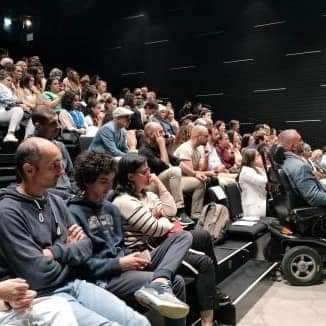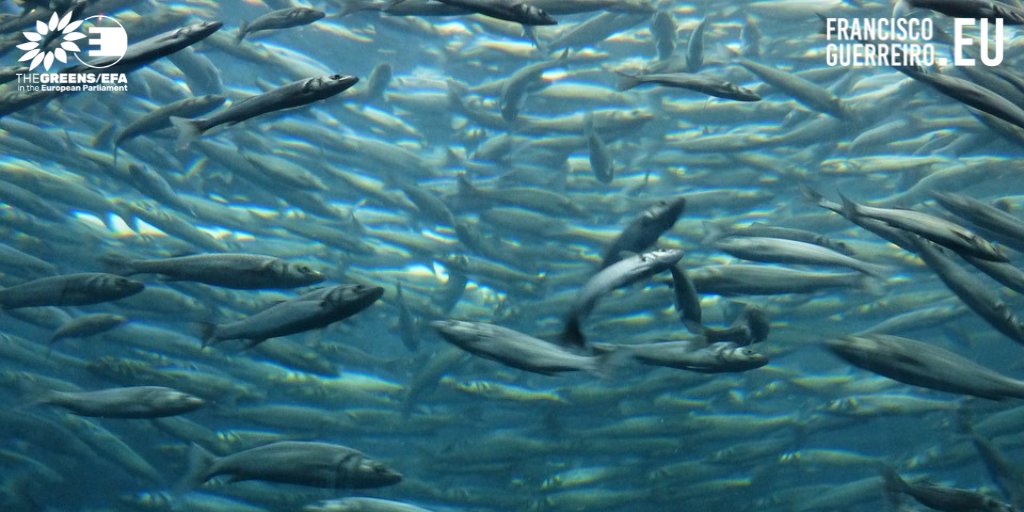
Francisco Guerreiro celebrates non-patentability of essentially biological processes
Lisbon, 18 May 2020 – MEP Francisco Guerreiro (PAN) applauds the decision by the European Patent Office (IEP) not to allow the patenting of plants and animals obtained by means of essentially biological processes under the European Patent Convention. This battle started in 2012 and was strongly claimed by the Greens/European Free Alliance (Greens/EFA).
The Institute's decision confirms that it is not possible to register plants or animals simply found in nature or that are obtained through classical breeding or breeding techniques, such as cross-breeding and selection (Article 53(b) EPC).
“In addition to the fact that it is wrong and dangerous to privatize what we eat and also other natural elements that surround us, patenting plants and animals restricts farmers' rights. Patents on natural plants deprive farmers of their rights, as they are unable to reproduce patented varieties and use seeds freely. At issue is what we call biopiracy at the expense of biological diversity. We had been waiting for this decision for a long time and now we applaud it vigorously,” said MEP Francisco Guerreiro.
The PAN MEP, in line with the position of the Greens/EFA, defends the free use of seeds, strongly opposing the appropriation through patenting of what are natural elements and that should not be owned by anyone or any corporation.
This battle started in 2012, when the IEP granted patents on a variety of "wrinkled" tomatoes and broccoli that were not genetically modified in any way.
With this decision, several multinational and agrochemical companies - which already control between 60 and 90% of the seed sector - were able to patent common plants, needing only to describe a minimal and specific characteristic of the plant. This gave them rights over all those same plants, causing the power of these companies over the food sector to increase even more.
European Commission Directive 98/44 establishes that plants and animals obtained by means of classical breeding or only present in nature cannot be patented. However, the IEP is not forced to follow European Union legislation for providing independent decisions and opinions, based on its own interpretation.
In response to the 2012 IEP decision, the European Parliament adopted a resolution demanding clarification on patent law for plants, to which the European Commission replied in November 2016 that European legislation never intended to assign patents to natural characteristics that are introduced by means of biological processes.
Following the Commission's opinion, the IEP Board of Directors ended up changing its policy not to grant patents in these cases. However, the Grand Board of Appeal of the same institute rejected this decision on December 18, 2018, arguing that the Board of Directors had exceeded its powers and that, therefore, such patents could be granted.
“This exchange and annulment of decisions by the IEP reveals how the IEP's decision-making process is based on a confusing internal operational logic that needs revision, as it has over the years ignored the limits imposed on patents by EU legislators and international treaties and conventions, such as the Nagoya Convention and the Convention on Biological Diversity,” said Francisco Guerreiro.
According to the IEP statement, “in order to ensure legal certainty and to protect the legitimate interests of patent proprietors and applicants,” the new interpretation of Article 53(b) EPC will have no retroactive effect on European patents granted before 1 July 2017, or on pending European patent applications filed before that date.










ParlTrack - Francisco Guerreiro considered one of the most productive MEPs
Monday, 01 July 2024
The analytical website ParlTrack has recorded all the parliamentary actions of MEPs during the 2019-2024 term, considering Francisco Guerreiro one of the most productive.READ MORE